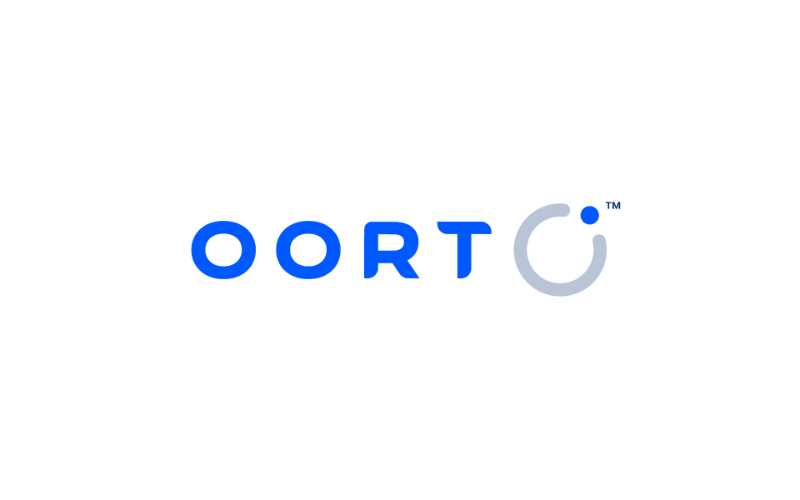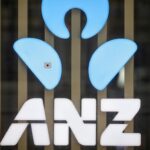In a groundbreaking move within the Web3 landscape, OORT, a decentralized AI data cloud, has unveiled its DataHub Launchpad, likened to the “TikTok for Data.” This platform aims to address dual challenges faced by both Web3 projects struggling with community engagement and AI teams that need diverse and high-quality training datasets.
The innovative approach integrates community growth with data collection by offering three types of campaigns tailored to meet specific community and data requirements. One of the key features is crowdsourced AI data collection, which promises to reduce costs while providing a variety of training datasets. Additionally, social media campaigns can leverage user-generated posts and shares to fuel follower growth, while survey campaigns will collect essential user feedback to guide better product development decisions.
What sets this platform apart is its incentivization model. Contributors engage in these campaigns and are rewarded with tokens, fostering a gamified environment where community participation directly leads to data generation.
Dr. Max Li, CEO of OORT, emphasized the significance of this development, stating that it allows enterprise buyers to tap into globally-sourced, user-contributed datasets from a decentralized network. OORT boasts a strong clientele, including industry giants such as Binance Smart Chain, Tencent Cloud, and Dell, further solidifying its credibility in the enterprise space.
Notably, OORT is building upon prior achievements, having established deployments on leading platforms such as Google Cloud and Databricks, supported by grants from Microsoft and Google. This existing foundation bodes well for OORT’s ambition to transition decentralized data collection into a legitimate business tool rather than just a passing trend in the crypto world.
The timing of this launch coincides with ongoing struggles faced by Web3 projects in establishing sustainable communities and the urgent need for AI companies to seek high-quality, diverse datasets. By addressing these simultaneous challenges, the DataHub Launchpad could become an essential resource for both sectors.
Moreover, the platform allows projects to monetize their collected datasets through listing and tokenization services. This creates a win-win scenario where contributors receive rewards, projects benefit financially, and buyers gain access to datasets that are otherwise difficult to find.
However, branding the platform as the “TikTok for Data” raises the bar significantly. TikTok succeeded by making content creation both engaging and accessible, and whether OORT can replicate that magic for data-driven tasks remains to be seen.
OORT plans to open whitelist access in mid-September, with a full public launch slated for October 2025. Early participants will gain priority access and special incentives, which may help generate interest and momentum prior to full implementation.
If DataHub Launchpad can deliver on its bold promises, it could fundamentally alter the dynamics of community building for Web3 projects and transform the way AI companies acquire training data. Ultimately, this venture will be a pivotal test of whether data collection can achieve the high levels of engagement characteristic of social media platforms like TikTok.







